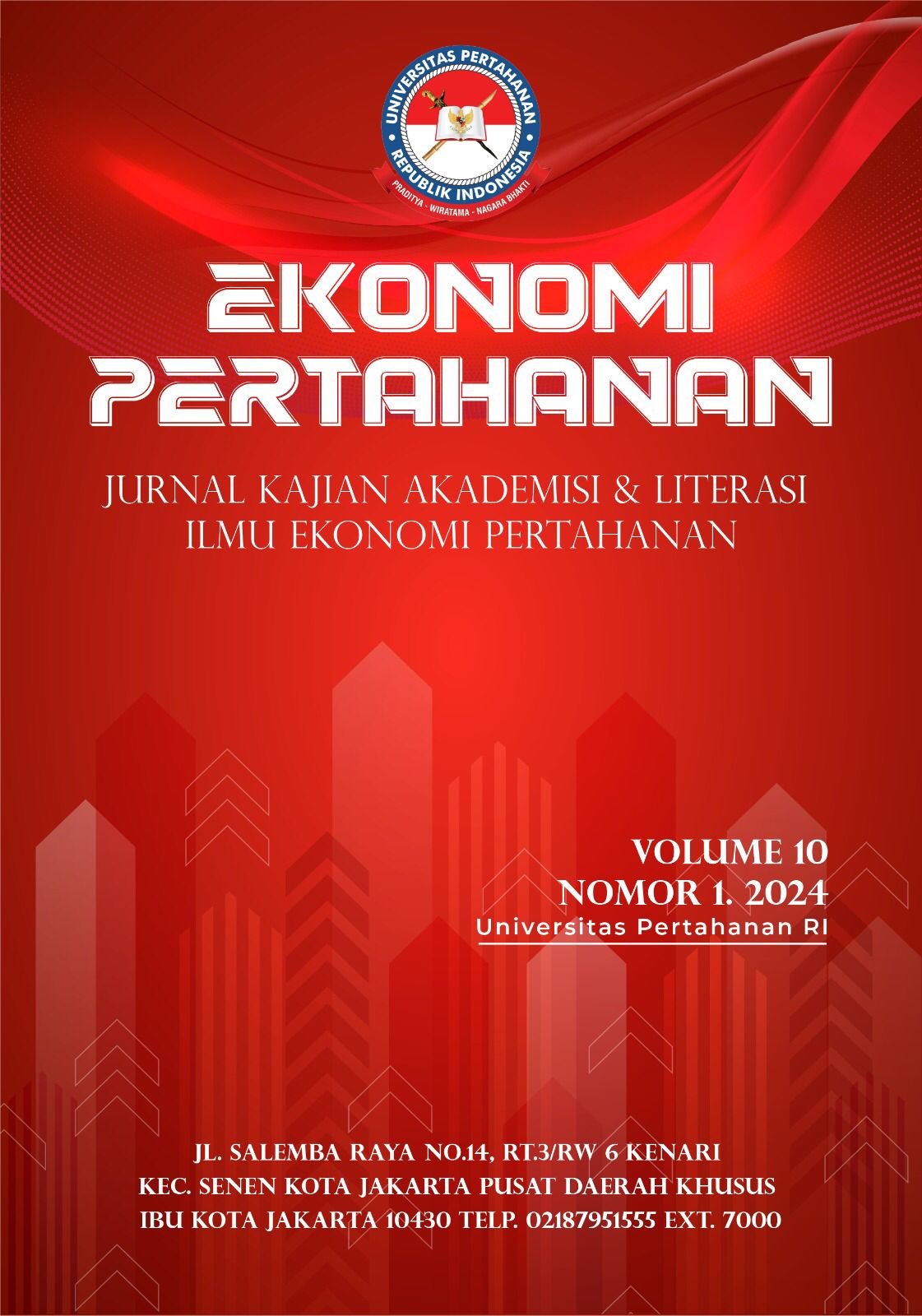PAJAK: KUNCI MENUJU INDONESIA EMAS 2045
Abstract
– Taxes play a crucial role in infrastructure development, improving the quality of public services, and alleviating poverty, serving as the state's primary irreplaceable revenue source. However, optimising tax revenue in Indonesia faces various complex and multidimensional challenges. These challenges include low tax compliance among taxpayers, administrative hurdles that impede the efficiency of tax collection, and issues within the supervisory system that diminish accountability and transparency. This article aims to thoroughly review the importance of the role of taxes in the effort to realise the Vision of Golden Indonesia 2045, an ambitious vision encompassing various aspects of the nation's economic and social progress. The method used in this research is a literature study of articles, documents, and regulations related to taxation in Indonesia. The research results indicate that various strategies can be implemented to increase tax revenue, such as comprehensive tax system reforms, the application of information and communication technology in tax administration to enhance efficiency and accuracy, and public education to improve tax awareness and compliance. By implementing these strategic measures, it is hoped that tax revenue can be significantly optimised, thus supporting the sustainable financing of national development and realising the Vision of Golden Indonesia 2045, which includes sustainable development, equitable welfare, and global competitiveness.
Downloads
Published
Issue
Section
License

This work is licensed under a Creative Commons Attribution-NonCommercial-ShareAlike 4.0 International License.
Proposed Policy for Journals That Offer Open Access. Authors who publish with this journal agree to the following terms:
- Authors retain copyright and grant the journal right of first publication with the work simultaneously licensed under a Creative Commons Attribution License that allows others to share the work with an acknowledgment of the work's authorship and initial publication in this journal.
- Authors are able to enter into separate, additional contractual arrangements for the non-exclusive distribution of the journal's published version of the work (e.g., post it to an institutional repository or publish it in a book), with an acknowledgment of its initial publication in this journal.
- Authors are permitted and encouraged to post their work online (e.g., in institutional repositories or on their website) prior to and during the submission process, as it can lead to productive exchanges, as well as earlier and greater citation of published work (See The Effect of Open Access).
Proposed Policy for Journals That Offer Delayed Open Access. Authors who publish with this journal agree to the following terms:
- Authors retain copyright and grant the journal right of first publication, with the work [SPECIFY PERIOD OF TIME] after publication simultaneously licensed under a Creative Commons Attribution License that allows others to share the work with an acknowledgment of the work's authorship and initial publication in this journal.
- Authors are able to enter into separate, additional contractual arrangements for the non-exclusive distribution of the journal's published version of the work (e.g., post it to an institutional repository or publish it in a book), with an acknowledgment of its initial publication in this journal.

